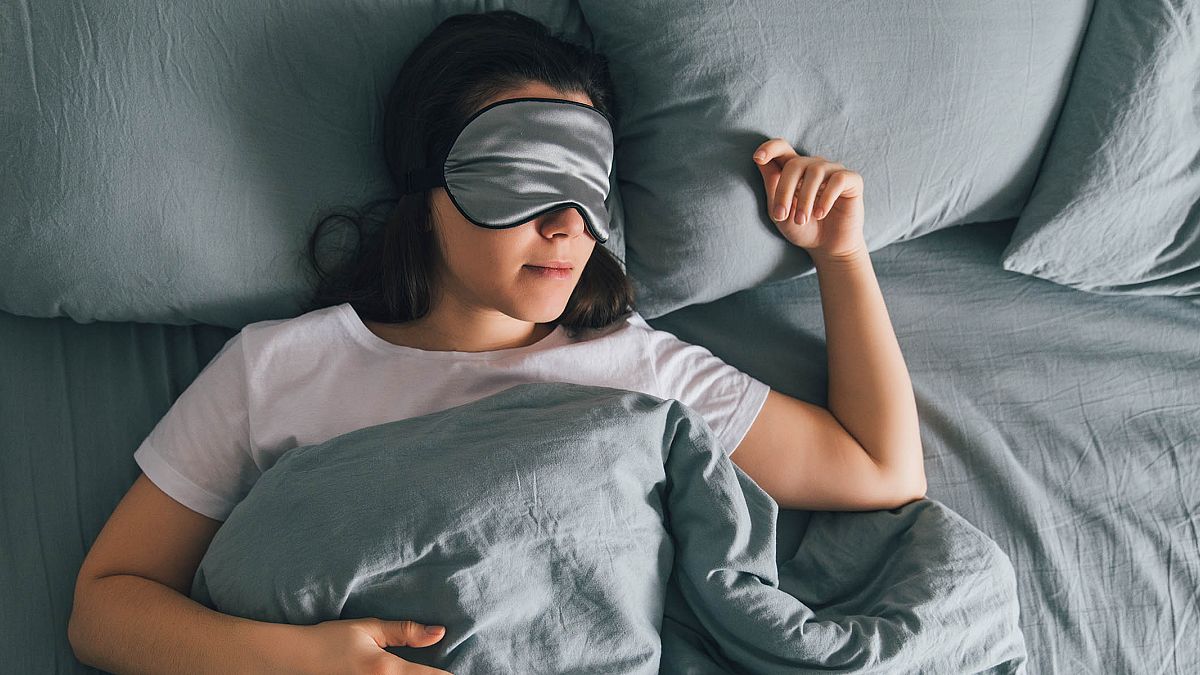Should you pop a pill or play in the dirt?
Everyone has a different hack to boost the immune system. Some swear by vitamin C. Others believe essential oils or playing in the dirt helps. And some parents believe exposing their children to infectious diseases like chickenpox strengthens the immune system.
Does any of it work?
"There are misguided thoughts out there," said Dr. Mike Patrick, an emergency medicine paediatrician at Nationwide Children's Hospital. "For most people, their intentions are good."
Read on for the science of what helps strengthen the immune system and what doesn't.
Here's what works:
1. Get vaccinated.
Vaccines train the body to recognize viruses and bacteria and fight against them. In some vaccines, an attenuated, or weakened, form of the virus encourages an immune response so when the body meets the full strength virus it fights back.
"The virus is weakened … but it won't cause the illness," Dr. Daniel McGee, a pediatrician at Helen DeVos Children's Hospital in Grand Rapids, Michigan, told TODAY.
Others, such as the flu vaccine, rely on a dead virus. While many patients say the received the flu vaccine and then got flu from it, they're mistaken. A dead virus can't cause the illness. Some people do experience flu-like symptoms after the shot but that's not the flu (unless you had it before the vaccination).
Getting vaccinated is the best way to strengthen the immune system against these viruses and bacteria.
"Chickenpox, measlesor whooping cough are not benign illnesses," McGee said. "You don't want kids to get these illnesses."
2. Play in the dirt.
When children play in the dirt they encounter antigens, which are basically substances that spark an immune response. The widely held hygiene hypothesis argues that ours environments have become too sterile and that our immune systems aren't triggered enough to develop in order to distinguish good from bad germs.
Being exposed to a wide variety of normal microbes helps the immune system respond better to foreign substances.
"Kids need to be exposed to a certain amount of antigens," McGee said. "There are studies that show that children who are exposed to more antigens are less likely to develop allergies."
Health & Wellness
Dirt prepares the immune system to understand what's a mild annoyance and what's truly dangerous.
3. Get enough sleep. Eat a healthy diet. Exercise.
People with healthy behaviors that include getting enough sleep, exercising and eating healthy foods often experience more robust immune systems than people with bad habits.
"Getting a good night sleep then your body can replenish you. Nutrition and sleep are two things you really can do not to get sick as often," Patrick said.
McGee agreed:
"It has been shown that people are stressed and/or have fatigue are more prone toward infection than people who are well rested," he said.
And here's what doesn't:
4. Don't expose unvaccinated children to illnesses.
Kentucky Governor Matt Bevin said took his nine unvaccinated children to the home of a child with chickenpox so they could get it. And Darla Shine, wife of former White House official Bill Shine, shared a tweet saying that childhood diseases "keep you healthy and fight cancer."
The experts said people should never expose unvaccinated children to preventable illnesses, such as measles or chickenpox.
"You are endangering the child," McGee said. "A child that doesn't get measles doesn't have a weaker immune system than a child that gets measles. The child who never got measles has a more robust immune system."
Measles, whooping cough and chickenpox come with scary complications.
"There are people who die of them every year," he added.
In fact, as measles cases continue to climb in the U.S., doctors are warning about lingering immune problems, including a rare but fatal condition called subacute sclerosing panencephalitis or SSPE, which is caused when the measles virus stays in the brain, usually for years, after an infected child has recovered.
"It causes a brain inflammation and a neurologic deterioration," Dr. Steven J. Goldstein, a pediatrician in Brooklyn, told NBC News. "Many of us are very concerned that this SSPE is going to come back because there are so many [cases]."
5. Skip the vitamin C.
When the first sniffle starts, many people take vitamin Cto stave off illness. But there's no evidence vitamin C boosts immunity. This belief stems from an outdated study where researchers did something people can't do with over-the-counter vitamins.
"The study was done with very large IV doses that were so high you couldn't accomplish with vitamin C orally," Patrick explained.
Even if someone binged on vitamin C pills, it wouldn't work because most vitamins are water soluble and excessive amounts are excreted in the urine.
6. Don't use too much antibacterial soap.
A proper hand washing prevents the spread of germs. Correct hand washing involves a good lather of soap for 20 seconds — or the amount of time it takes to sing "Happy Birthday" — and drying with a towel. People might think antibacterial soap makes hands cleaner by killing off nasty bacteria, but it actually causes another problem: It encourages antibiotic resistant bacteria to flourish.
"Hand washing is always important to prevent the spread of diseases — just do it with plain old soap and water," McGee said. "You don't need to be Purell-ing everything."
6. Don't rely on essential oils to boost immunity.
People might think that essential oils dabbed on their bodies or wafting through the air are boosting their immunity. But there's no proof that they work like that.
"There's no convincing evidence with essential oils that they really decrease your risk of illness," said Patrick, who also hosts the podcast PediaCast.
That's not to say that the experts think people should skip them. People with less stress tend to have stronger immune systems.
"If it makes you feel better there's no harm in using it," McGee said. "But to say it boosts the immune system is wrong."



